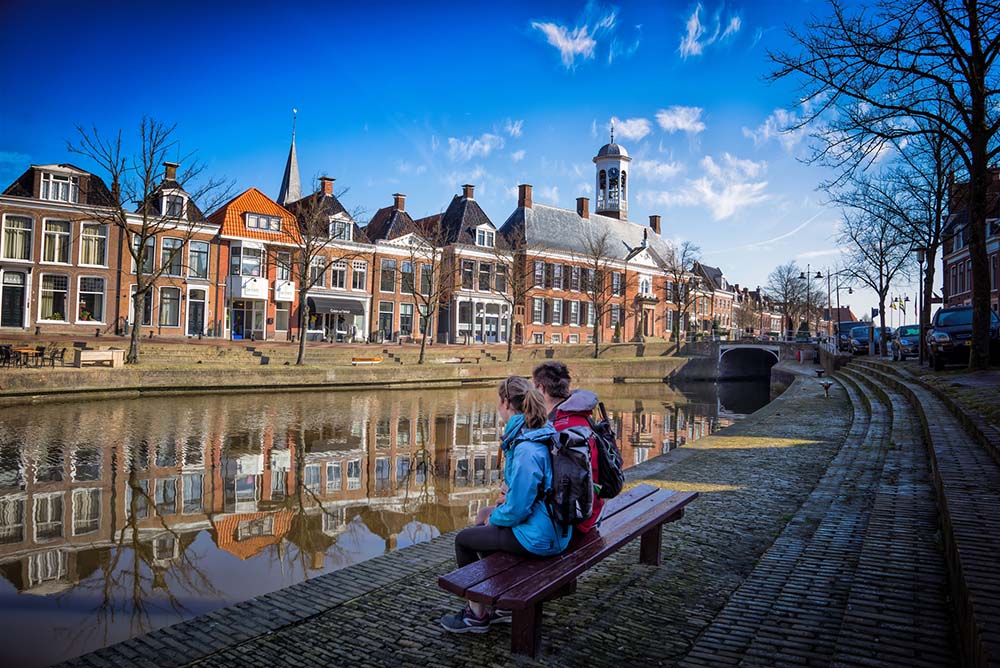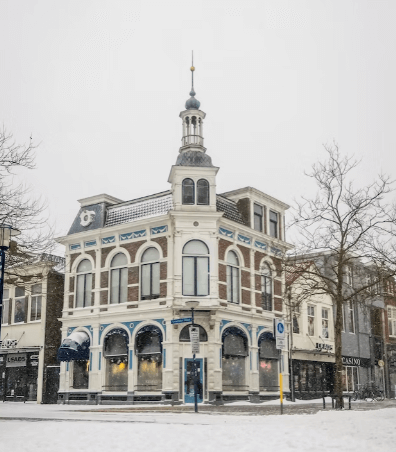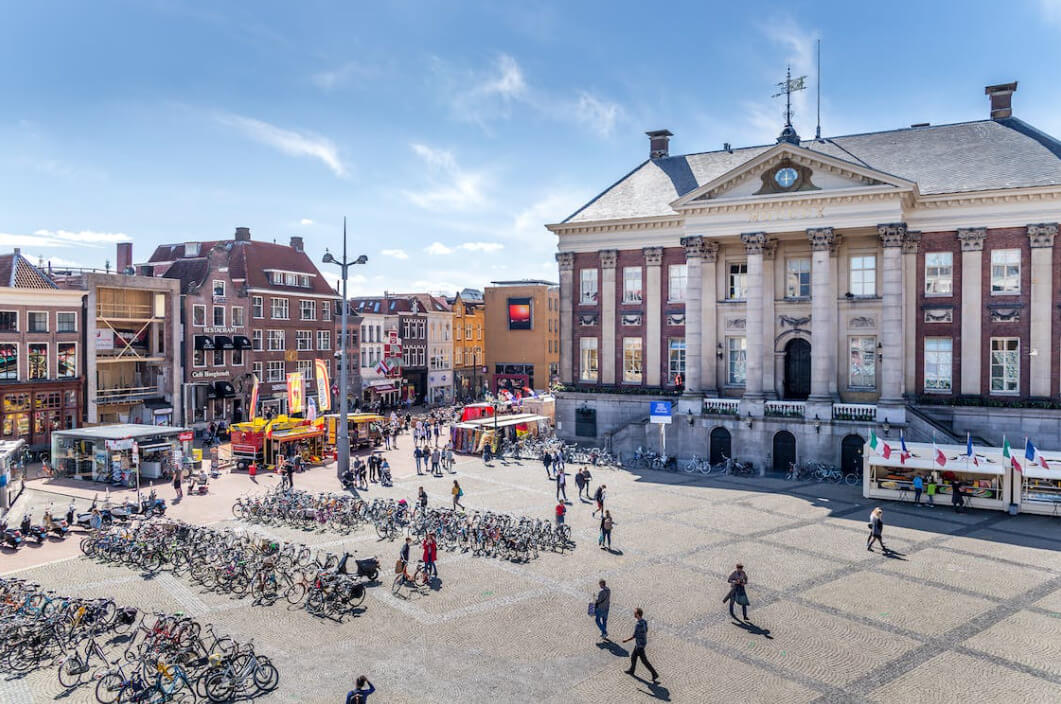Research Assistant – Regato Project

Applications are invited for a Research Assistant position within the archaeological project ‘The impact of Roman imperialism in the West: Settlement dynamics and rural organization in Iron Age and Roman Portugal’, funded by the Cultuurfonds (Regato fund) and led by Prof. dr. Tesse Stek and Dr. Anita Casarotto. The Research Assistant's primary responsibility will be to support and organize the archaeological field campaigns in Portugal, in line with the project leaders’ goals. The position is based at the Groningen Institute of Archaeology and involves frequent travel to Portugal for fieldwork.
Key Responsibilities:
- Taking a leading role in organizing, conducting, and participating in field campaigns in Portugal, including excavations, pedestrian surveys, geophysical and remote sensing surveys, material studies, and geoarchaeological and archaeometric sampling. Examples of current fieldwork by the Regato team are available on this webpage: https://www.knir.it/en/onderzoeksproject/guarda-archaeological-project-portugal/
- Providing academic supervision and teaching to students prior and during fieldwork and (where applicable) contributing to the supervision of early-career researchers or PhD candidates. Performing scientific research, and managing logistical tasks: using the project budget, e.g. transporting equipment, arranging shipment and purchases, booking accommodation and meals for field teams, and renting and driving vehicles.
- Collecting and processing data, and ensuring regular backups to RUG and KNIR storage systems. Short stays at the KNIR Institute in Rome may be required for handling material, equipment, or data.
- Visiting libraries in Rome or Lisbon for bibliography collection, if necessary.
- Acquiring or purchasing (using the project budget) legacy data, bibliographies, cartography, and remote sensing data, and analysing these in comparison with newly collected field data.
- Producing databases, reports, drawings, maps, and digital models of landscapes and archaeological finds.
- Conducting geospatial analyses in GIS, including work with LiDAR data, aerial imagery, and other remote sensing data.
- Developing a webGIS platform to host field-collected data, legacy datasets, and geospatial analysis outputs of the project. Technical support from the RUG Geodienst is available.
- Contributing to the development of theoretical frameworks within the project, potentially leading to new sub-projects. Contributing to the development of innovative methodologies in archaeological fieldwork and geospatial analysis, and to apply these within independent research strands.
The research assistant should be adaptable, flexible, and able to respond to the evolving needs of the project, which may deviate from the tasks listed above. He/she must also ensure that project data is not shared or used outside of the project without prior approval.






